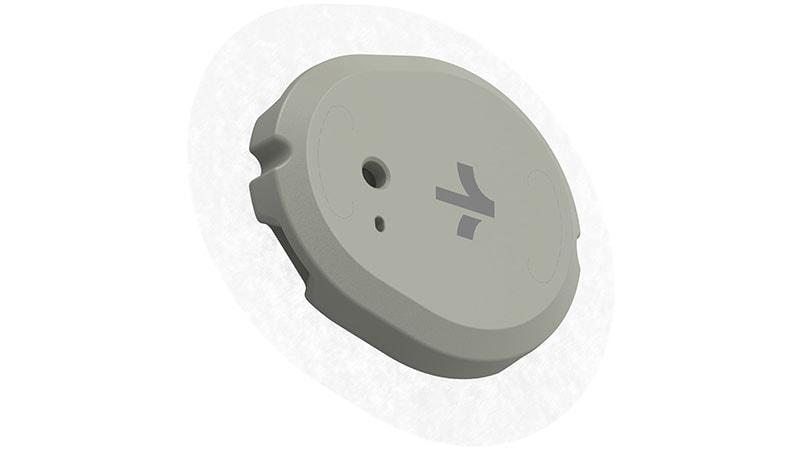Continuous Glucose Monitors: Insights, Limitations, and Opportunities for Personalized Health
The content discusses five key points about continuous glucose monitors (CGMs):
-
CGMs were previously approved only for people with type 1 or type 2 diabetes, but the recent FDA approval of the Dexcom Stelo Glucose Biosensor System allows anyone to purchase a CGM without a prescription. There are four major CGM devices currently available in the US: Medtronic, Dexcom, FreeStyle Libre, and Eversense.
-
CGMs provide an estimate of blood glucose levels by measuring the glucose concentration in the interstitial fluid, which can lead to inaccuracies. The accuracy of CGMs is measured by the "mean absolute relative difference" (MARD), with the current industry best being the Dexcom G7 at around 8%. Factors like sensor location, wear duration, glucose stability, and extreme glucose levels can affect the accuracy.
-
The greatest benefit of CGMs is the information they provide on how behaviors, such as nutrition and physical activity, affect glucose levels. Patients who pay attention to these patterns can better optimize their glucose control.
-
While CGMs provide valuable nutritional feedback, food is not the only determinant of health. Healthcare professionals consider other factors, such as blood pressure and lipids, to develop a comprehensive understanding of a patient's overall health status and disease risk.
-
The recent over-the-counter availability of CGMs increases access to this powerful tool, but individuals must educate themselves on the limitations of CGMs and seek professional guidance when needed. Observing glucose patterns without proper context can lead to unnecessary anxiety or provide valuable insights into a person's unique "glucotype."
Zusammenfassung anpassen
Mit KI umschreiben
Zitate generieren
Quelle übersetzen
In eine andere Sprache
Mindmap erstellen
aus dem Quellinhalt
Quelle besuchen
www.medscape.com
5 Things to Know About Continuous Glucose Monitors
Wichtige Erkenntnisse aus
by Beverly um www.medscape.com 04-05-2024
https://www.medscape.com/viewarticle/5-things-know-about-continuous-glucose-monitors-2024a100064a
Tiefere Fragen
